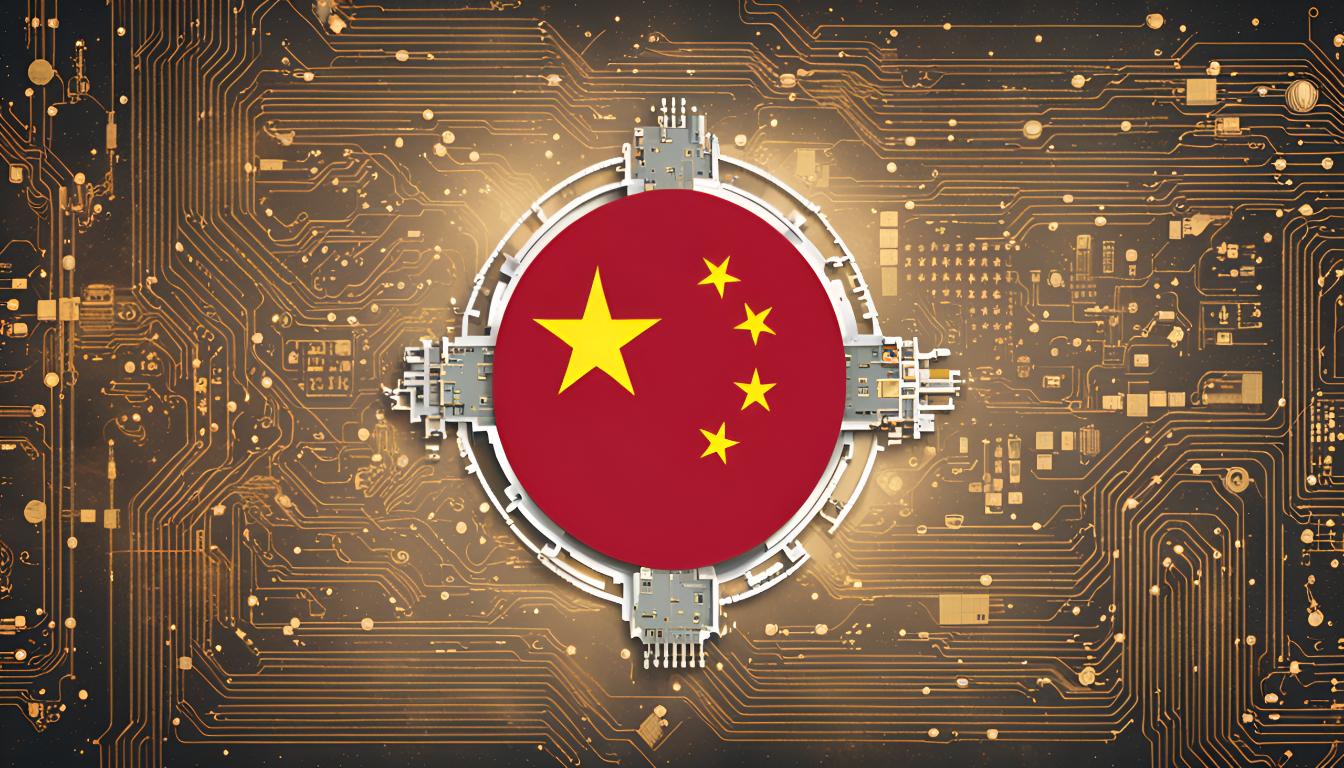Huawei founder accuses U.S. of exaggerating company’s technological strength
- In a rare interview, Huawei founder Ren Zhengfei said U.S. fears over Huawei’s AI chip capabilities are overstated, acknowledging that the company’s chips still lag one generation behind U.S. counterparts.
- Ren explained that Huawei uses mathematical models, system design and cluster computing to compensate for hardware shortcomings, claiming software is not a bottleneck for the company.
- Nvidia CEO Jensen Huang criticized U.S. export controls, noting they reduced Nvidia’s China market share from 95 percent to 50 percent, as Chinese rivals like Huawei stepped up domestic chip development.
- Huang argued that U.S. restrictions intended to stifle China’s tech growth have instead fueled innovation and state-backed competition, making China’s AI sector more self-reliant.
- Huang also denounced the Biden-era “AI diffusion rule” as flawed. The Trump administration now plans to scrap it and propose a new framework that protects U.S. tech leadership without aiding adversaries.
Huawei founder Ren Zhengfei has downplayed the technological strength of his company, saying that U.S. concerns over the Chinese tech giant’s artificial intelligence (AI) chips are exaggerated.
In a rare interview published on June 10 in China’s state-run People’s Daily, Ren addressed Huawei’s much-discussed Ascend chips, China’s top alternative to Nvidia’s AI processors. U.S. chipmaker Nvidia has faced growing constraints on selling its most advanced chips to China as Huawei became a focal point in the broader tech rivalry between the world’s two largest economies.
Ren revealed that mathematical innovation and advanced system design are enabling Huawei to compete despite ongoing U.S. technology sanctions, but also acknowledged the chipmaking limitations of the company.
“Our single chip is still behind the U.S. by a generation. We use mathematics to supplement physics, non-Moore’s law to supplement Moore’s law and cluster computing to supplement single chips and the results can also achieve practical conditions. Software is not a bottleneck for us,” Ren explained. (Related: South Korea to spend $450 billion in bid to become world’s leading chipmaker.)
Ren emphasized that Huawei still trails U.S. leaders in the semiconductor race.
“The United States has exaggerated Huawei’s achievements. Huawei is not that great. We have to work hard to reach their evaluation,” he said.
Nvidia CEO slams U.S. chip export controls as “failure” that fueled China’s AI surge
The comments follow recent warnings from Nvidia CEO Jensen Huang, who has raised concerns about Huawei’s rapid advances in AI chip development.
The U.S. government, under both the Biden and Trump administrations, has implemented sweeping controls to limit China’s access to cutting-edge AI chips and chipmaking tools, citing national security concerns. However, Huang argued these policies have had the opposite effect: Instead of slowing China down, they have triggered a surge in domestic innovation.
“Four years ago, Nvidia had 95 percent market share in China. Today, it is only 50 percent,” Huang said in a news conference at the Computex technology show in Taipei on June 3. “The rest is Chinese technology. They have a lot of local technology they would use if they didn’t have Nvidia. Chinese AI researchers will use their own chips. They will use the second-best. Local companies are very determined and export controls gave them the spirit and government support accelerated their development. Our competition is intense in China.”
Huang also targeted the Biden-era “AI diffusion rule,” which imposed a three-tier licensing system for data center chips, limiting their distribution based on performance and customer location. “The fundamental assumptions that led to the AI diffusion rule in the beginning have proven to be fundamentally flawed,” said Huang. “If the U.S. wants to stay ahead, we need to maximize and accelerate our diffusion, not limit it.”
He added that Trump is now moving to reverse the policy, recognizing it had “exactly the wrong goals.” The Trump administration has said it will scrap the diffusion rule and draft a new one that supports U.S. innovation while still restricting access by adversaries. However, implementation may take time.
Follow Glitch.news for more similar stories.
Watch this short clip with TSMC Chief Scientist Philipp Wong discussing China’s growing dominance in the field of semiconductor research.
This video is from the BulgarianInsider channel on Brighteon.com.
More related stories:
Fire at Japanese chipmaker adds to collapsing microchip supply lines for automakers.
Taiwan earthquake puts global chip supply at risk as TSMC pauses production line.
Taiwan pushes back, won’t let US destroy semiconductor factories to prevent them from falling into Chinese hands.
Over 1,600 workers to lose job at Illinois Jeep Cherokee factory due to worsening semiconductor shortage.
Trump’s tariff threat on Taiwan’s semiconductors sends shockwaves through global tech industry.
Sources include:
ZeroHedge.com
FT.com 1
Technology.org
FT.com 2
Brighteon.com
Read full article here


